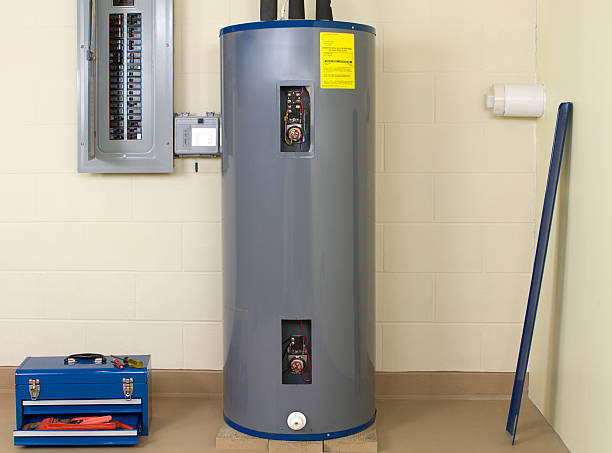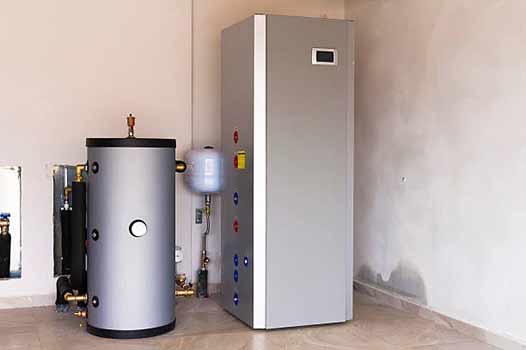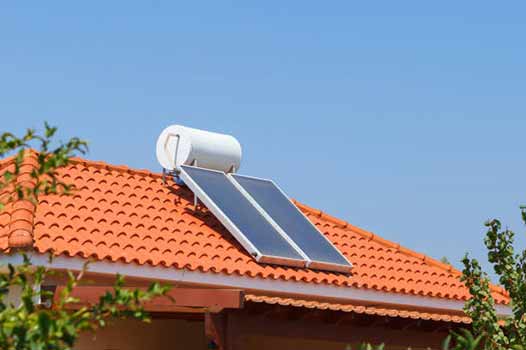
Water heaters are an essential part of every household, providing hot water for various daily tasks such as bathing, cooking, and cleaning. However, over time these appliances can wear out and require replacement. It’s important to understand the different types of water heaters available on the market and the steps involved in their replacement process. This article aims to explore these topics in detail.
1. Conventional Storage Tank Water Heaters
Conventional storage tank water heaters are the most common type found in households. They consist of a large tank that stores hot water and keeps it at a constant temperature until it is needed. The replacement process for these water heaters involves the following steps:
- Turn off the power and gas supply to the water heater.
- Shut off the water supply.
- Drain the tank using a garden hose.
- Disconnect the plumbing and electrical connections.
- Remove the old water heater and prepare the space for the new one.
- Install the new water heater by connecting the plumbing and electrical connections.
- Turn on the water supply and fill the tank.
- Turn on the power and gas supply to the water heater.

2. Tankless Water Heaters
Tankless water heaters, also known as on-demand water heaters, provide hot water only when needed, resulting in energy savings and a continuous supply of hot water. The replacement process for these water heaters is slightly different and involves the following steps:
- Turn off the power and gas supply to the water heater.
- Shut off the water supply.
- Disconnect the plumbing and electrical connections.
- Remove the old water heater and prepare the space for the new one.
- Install the new tankless water heater by connecting the plumbing and electrical connections.
- Turn on the water supply.
- Turn on the power and gas supply to the water heater.

3. Heat Pump Water Heaters
Heat pump water heaters use electricity to move heat from the air or ground to heat the water. They are an energy-efficient option and can significantly reduce energy costs. The replacement process for heat pump water heaters involves the following steps:
- Turn off the power supply to the water heater.
- Shut off the water supply.
- Disconnect the plumbing and electrical connections.
- Remove the old water heater and prepare the space for the new one.
- Install the new heat pump water heater by connecting the plumbing and electrical connections.
- Turn on the water supply.
- Turn on the power supply to the water heater.

4. Solar Water Heaters
Solar water heaters utilize energy from the sun to heat water, making them an eco-friendly choice. The replacement process for solar water heaters typically involves the following steps:
- Turn off the power supply to the water heater.
- Shut off the water supply.
- Drain the tank using a garden hose.
- Disconnect the plumbing and electrical connections.
- Remove the old water heater and prepare the space for the new one.
- Install the new solar water heater by connecting the plumbing and electrical connections.
- Turn on the water supply.
- Turn on the power supply to the water heater.
It’s important to note that the replacement process may vary depending on the specific model and manufacturer guidelines. It is recommended to consult the user manual or seek professional assistance to ensure a proper and safe replacement.
In conclusion, understanding the different types of water heaters and their replacement process can help homeowners make informed decisions when it comes to upgrading or replacing their existing units. Whether opting for a conventional storage tank, tankless, heat pump, or solar water heater, following the appropriate steps, and seeking expert guidance from a local plumber can ensure a smooth and efficient replacement process.
Remember, proper maintenance and regular inspections can also extend the lifespan of water heaters, ensuring they continue to provide hot water efficiently for years to come.
